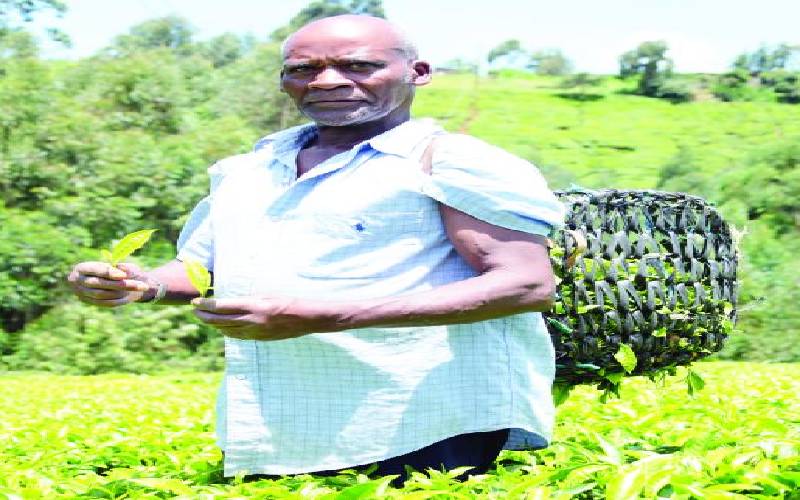×
The Standard e-Paper
Stay Informed, Even Offline

Paul Mwangi, 60, a tea farmer affiliated to Gathuthi Tea Factory in Tetu, Nyeri. [ Kibata Kihu, Standard]
Tea farmers at smallholder tea factories have given an insight into why the clamour for reforms and change of leadership is exciting them.